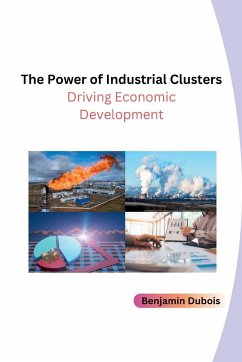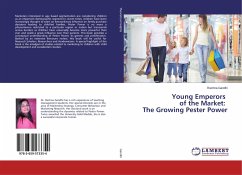Industrial clusters are a fundamental concept in driving economic development and fostering regional growth. In this subchapter, we will delve into the definition and overview of industrial clusters and explore their significance in the economic environment. An industrial cluster refers to a geographic concentration of interconnected businesses, suppliers, and institutions within a particular industry or sector. These clusters bring together companies, specialized suppliers, service providers, and related organizations, creating a network of collaboration and innovation. They represent a powerful force that drives economic growth, enhances competitiveness, and stimulates job creation. The formation of industrial clusters offers numerous benefits to the economic environment. Firstly, they facilitate knowledge sharing, as companies within the same cluster often exchange information, best practices, and technological advancements. This leads to increased productivity and innovation, enabling firms to stay ahead of the curve in a rapidly changing business landscape. Furthermore, industrial clusters promote collaboration and synergy among companies, leading to the development of specialized skills and a more skilled labor force. As firms in a cluster share resources and expertise, they can collectively address common challenges, leverage economies of scale, and access a larger customer base. This collaborative environment fosters the growth of small and medium-sized enterprises (SMEs), which are the backbone of many economies. Industrial clusters also attract investment and foster entrepreneurship. The concentration of businesses and resources in a particular region creates a favorable environment for investors, who can benefit from reduced risks and greater market opportunities. Moreover, the presence of successful companies within a cluster often inspires entrepreneurs to launch their own ventures, leading to a continuous cycle of innovation and economic growth. To fully understand the power of industrial clusters, it is crucial to examine their different types. There are specialized clusters, which focus on a specific industry or sector, such as automotive or technology. These clusters benefit from a deep pool of specialized resources and expertise. On the other hand, diversified clusters encompass a variety of industries within a region, promoting cross-sector collaboration and knowledge exchange.
Hinweis: Dieser Artikel kann nur an eine deutsche Lieferadresse ausgeliefert werden.
Hinweis: Dieser Artikel kann nur an eine deutsche Lieferadresse ausgeliefert werden.








